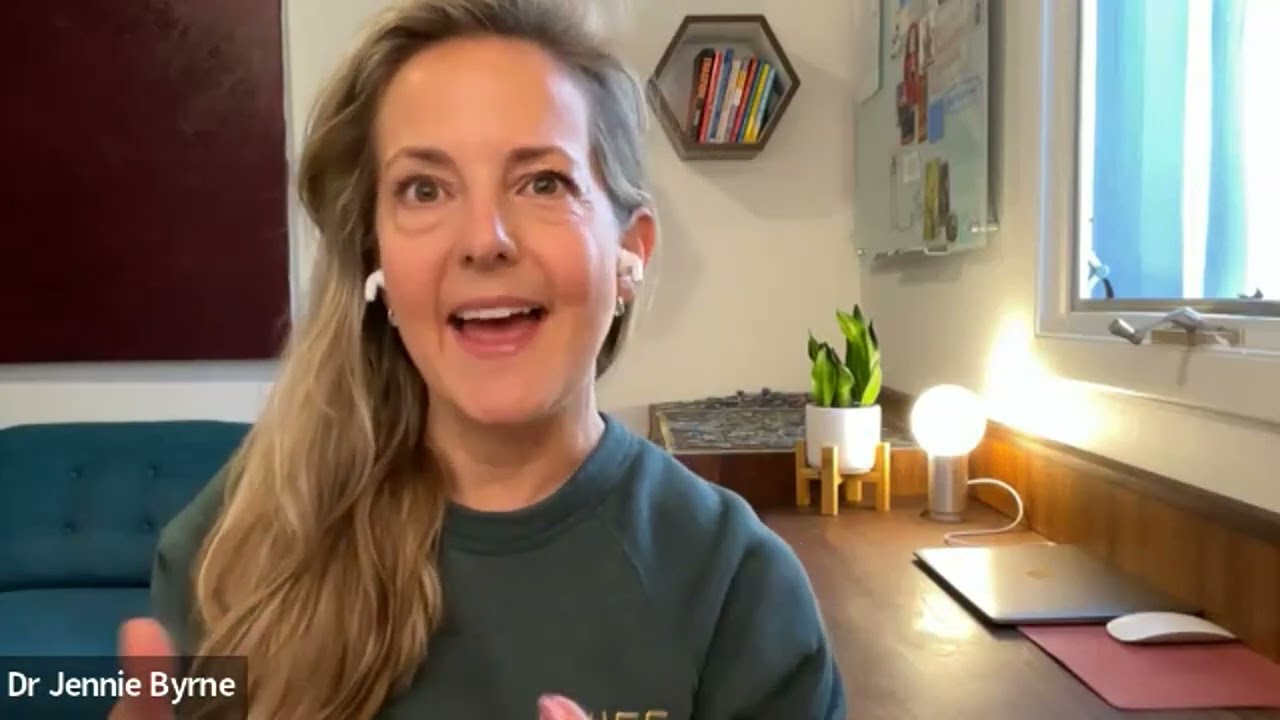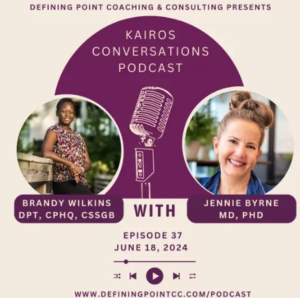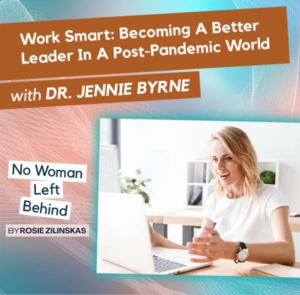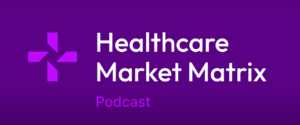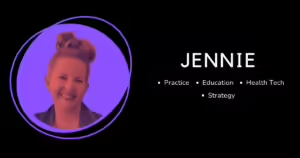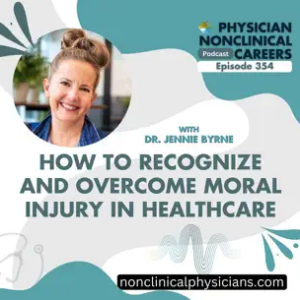I sat down (virtually) for a conversation about Women in Leadership with Sarah Johnson Dayes – who is 1) a
strong female executive, 2) a fellow Chief member, and 3) my younger sister. What happened? Watch this
video or check out the text summary below.
Q: How has being a woman impacted your leadership journey?
Sarah: I feel like if I answered this question 10 years ago, I would have had a different answer, and if I
answer this in 10 years from now the answer will be different. For me, it is the balance between “climbing
the ladder” and battling imposter syndrome. I have researched this, and I know many women struggle with
this. Also, women often battle the realities outside of work at home. Even though you and I both have
involved husbands, I carry some mental load about things happening on the home-front. Most men I have
seen in leadership positions have wives who stay at home and manage the household. There is a difference
between sharing household management and having someone else who takes full ownership over the
household.
Jennie: Growing up, it didn’t occur to me that being a woman was different. I was comfortable in science to
be the only woman in the room, that seemed normal to me. When I got to higher levels, especially at the C-
suite, it became clearer to me. I see some of the obstacles you mention, but I also see opportunity. As a
woman, people often underestimate you and you can use that to your advantage.
Q: What do you know now as a professional woman leader that you didn’t know early in your career? What
would you tell yourself 10 years ago?
Sarah: First, if you are feeling imposter syndrome, do some reading about it. Once I read about it and
recognized it, it normalized what I was feeling. Then figure out what is going to be your strategy for dealing
with that – I could have moved a lot faster if I had figured that out 10 years ago. Second, being AUTHENTIC is
not just OK it is good and so important. It is so much easier when you are the same person at work that you
are at home.
Jennie: I have always struggled with the idea that success is all “hard work” – I remember growing up the
quote “if you just work hard, someday, someone will notice you”. I used to think hard work was 100% the
answer to everything. For me right now, it is a third/third/third: 1/3 hard work, 1/3 relationships and
networks of people matter, and 1/3 showing up and being able to improvise and perform. Especially in the
virtual world, having that energy and can performance and be able to improv depending on who is in the
room is so important as a leader. Maybe the hard work is more at the beginning of your career, and it
changes as you progress as a leader.
Q: How have the last two years in a pandemic impacted you as a leader?
Jennie: People got very hyper-focused on what really mattered. The more time you had on your hands, the
more you really thought about what mattered. Permission to say what didn’t matter and stop doing that.
For me, during the pandemic, I realized how important creativity is for me. I realized the impact on creativity
at work, and currently as a leader this creativity has been so important to my work. I have gotten back to
creative things I did when I was younger and some new creative things, it has been the fuel for work.
Sarah: My kids were little, when this started, my daughter was 4 and my son was 5, and they were suddenly
at home. If you would have asked me before the pandemic if you would work with your children at home, I
would have said this was impossible. My kids were home for one year, I found that as a leader, the
importance of balancing time and having structure. I started my new insane 4:15AM wakeup routine, which
is the way I have time for me. That has stuck even now that the kids are back in school. Carving out that time
for you as a leader is important and that means something different for everyone. Also understanding the
importance of mental health in the workspace has been something we learned.
Q: How did you find out about Chief and why did you join?
Jennie: You recommended me to Chief, and I was so impressed to see all that you have accomplished. You
had shared with me how much Chief supported you and helped you, and I was curious to learn more. We
are in very different fields – I am a doctor by training and doing healthcare consulting and you are an
executive for a marketing company. I really liked the idea that I could meet other women working in other
sectors and have that cross-pollination of ideas.
Sarah: I first heard of Chief when I was living in New York, they launched there, I think I saw a targeted
posting on LinkedIn. Back then, I was sitting on an executive team where I was the only woman. I knew that
my co-executives were attending networking organizations like EO and YPO, but all these organizations were
filled with men. Chief was targeting women who wanted the same experience as EO and YPO, but where
they wouldn’t be the only woman in the room. So, the Chief posting really spoke to me, and I knew about
the value that EO and YPO brought my colleagues. I joined early – my group was #33 – a couple people
dropped off my group but 4 of us are still together, but I am still in touch with the women who left the
group. Then, we merged our group with another group, and it is my brain-trust. I have loved that it is safe,
there is no posturing, it is very authentic, and it not easy to find that in a peer group these days.
Q: What would you say to a woman early in her career with leadership aspirations?
Jennie: You and I both have daughters, mine is 13 and yours is almost 6. When you think about them or
other young girls or women, if they came to you and asked you about being a leader what would you tell
them?
Sarah: First, I would say that “you can do that”. Second, I would ask them “tell me why”, if this is going to be
your path and your career you should do it for the right reasons. I would talk to them about “what is exciting
about that?”. We talked about authenticity, I would tell them “If you want to be a leader, go out there and
be yourself, be willing to work hard, and if you can enjoy it – go for it.” I would also tell them to find that
network to surround yourself with, in a leadership journey you need to be surrounded by people who will
life you up and support you.
Jennie: I would encourage them to keep thinking big, don’t think small. It is OK to make mistakes, try things
and move on. You don’t have to know what you want to do for the rest of your life when you are 13, or 15,
or 18, or 20, or 30, or 40, or 50. Many women I know focus on obstacles and how to overcome, as opposed
to seeing opportunities and growth. My challenge would be to have that vision ahead of you and see
opportunities rather than obstacles, and it is OK to change that vision. I also feel strongly that as a woman,
whatever you want to be in life, whether that be a mother, an artist, a mountain-climber, etc., that should
absolutely not stand in your way professionally. Society and other people want to keep women small, so you
always have to be pushing bigger to counteract that.
SPEED-ROUND QUESTIONS
Last professional development book you read
Sarah: Think Again – Adam Grant
Jennie: The Culture Code – Daniel Coyle
Hybrid, remote, or in person?
Sarah: remote forever
Jennie: hybrid all the way
Last TV show binge – why you liked it
Sarah: Sex in the City reboot – cringeworthy but it is fascinating to watch people I knew in their 20s in their
50s
Jennie: Cobra Kai – super 80s nostalgia, all the characters are ambivalent and you don’t know who to like
Dream vacation
Sarah: Orient Express
Jennie: take old-fashioned wood boat up the Nile and to have a Penn archaeologist as my guide

